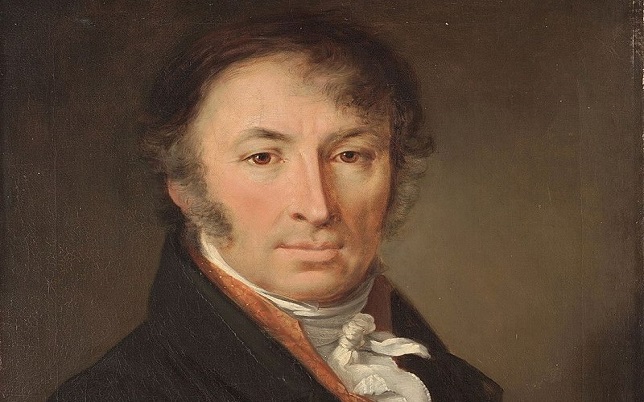Nikolay Mikhailovich Karamzin (1766 – 1826) was a Russian writer, poet, historian and critic. He is best remembered for his History of the Russian State, a 12-volume national history. This Russian annalist while speaking of the fall of Constantinople, brings out the indictment against the government.
“Without the fear of the law an empire is like a steed without reins.
Constantine and his ancestors allowed their grandees to oppress the people;
there was no more justice in their law courts; no more courage in their hearts;
the judges amassed treasures from the tears and blood of the innocent;
the Greek soldiers were proud only of the magnificence of their dress; the citizens did not blush at being traitors; the soldiers were not ashamed to fly.
At length the Lord poured out His thunder on these unworthy rulers, and raised up Muhammad, whose warriors delight in battle, and whose judges do not betray their trust.”1
This last item of praise may sound strange in the ears of a generation that has constantly been fed false stories of Muslim injustice; but this fact has been clearly and abundantly borne out by the testimony of contemporary historians.
For at least a century after the fall of Constantinople a series of able rulers secured, by a firm and vigorous administration, peace and order throughout their dominions, and an admirable civil and judicial organization, if it did not provide an absolutely impartial justice for Muslims and Christians alike, yet caused the Greeks to be far better off than they had been before.
They were harassed by fewer exactions of forced labour, extraordinary contributions were rarely levied, and the taxes they paid were a trifling burden compared with the endless feudal obligations of the Franks and the countless extortions of the Byzantines.
The Turkish dominions were certainly better governed and more prosperous than most parts of Christian Europe, and the mass of the Christian population engaged in the cultivation of the soil enjoyed a larger measure of private liberty and of the fruits of their labour, under the government of the Sultan than their contemporaries did under that of many Christian monarchs.2
1. Karamzin, vol. v. p. 437
2. Finlay, vol. v. pp. 5, 123. Adeney, p. 311

